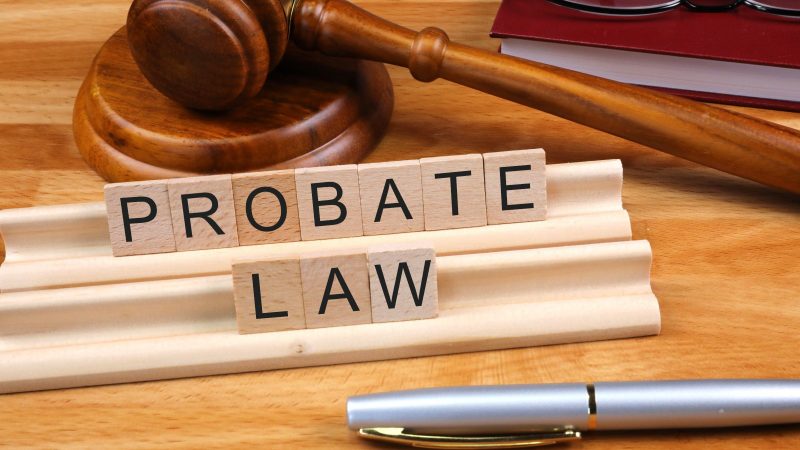
In last week’s blog we started to answer the question “what is probate and why do I need it?” but this week we’d like to answer few of the more specific questions we also get asked about the probate process.
1. What is a personal representative?
A personal representative is simply the legal term for the executor of the Will (if there is a Will) or the person who has the authority to administer the estate (if there isn’t a Will).
2. Is there probate if there is a Will?
The need for probate doesn’t depend on there being a Will, it depends on the financial situation of the person that’s died. If the estate has no property and there is less than £5,000 in the bank, probate probably won’t be needed though it is worth making sure by talking to a lawyer.
The process is actually quite similar whether there is or isn’t a Will, but you need to be mindful the terminology will be different.
3. Where does probate start if we have a Will?
If there is a Will and the deceased’s assets require probate the executor should apply for a Grant of Probate. If there isn’t a Will the administrator should apply for a Grant of Letters of Administration (more details on the difference between these grants can be found in last week’s blog).
4. Can I be the executor if I’m named as a beneficiary in the Will?
While most executors will choose to instruct a solicitor to complete the probate process for them, some choose to manage it themselves.
If you decide to take that route, you can act as the executor if you are named as a beneficiary in the Will but if you, you need to familiarise yourself with the duties and responsibilities of being an executor because if you make mistakes, you could de personally liable for these mistakes.
If you feel uncomfortable you can either give up your rights as an executor is to give up all rights to act as executor as long as you haven’t already intermeddled or if other executors have been named in the Will, you can choose to have ‘power reserved’. This allows the other executors to take control, but you can re-join the process later.
5. Do I need probate for joint assets?
If there are joint assets (for example a joint bank account or a property owned as joint tenants), they will automatically pass to the surviving co-owner if the co-owner can produce the death certificate. The death certificate will allow the formal transfer of the asset without having to go through probate.
However, if a shared property is owned as ‘tenants in common’ probate will usually be necessary. This is because as tenants in common, each owner owns a specific share of the property. This can only pass to the named beneficiaries in the Will. This means if there isn’t a Will, probate will be required to settle the transfer.
6. What happens if my husband/wife/civil partner dies?
Again, it depends how much the assets are worth but as many couples now own property together and have joint bank accounts, probate may not be necessary.
However, if there are any sizeable assets owned solely by the deceased, it will be needed.
7. Will I need probate to sell my house?
Again, it depends how the house is owned.
If it is in the deceased’s sole name, probate will be needed to sell it. If the house is held as joint tenants, the surviving owner will be able to sell it on production of a copy of the death certificate. However, if the house is owned as tenants in common, probate will be needed.
If you have any other questions regarding probate or want to discuss drafting or updating your Will, please email Deniece.Lines@collinshoy.com.